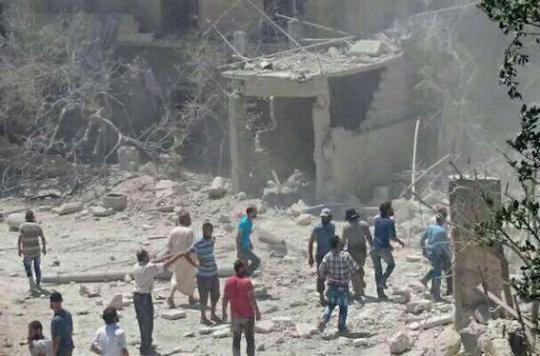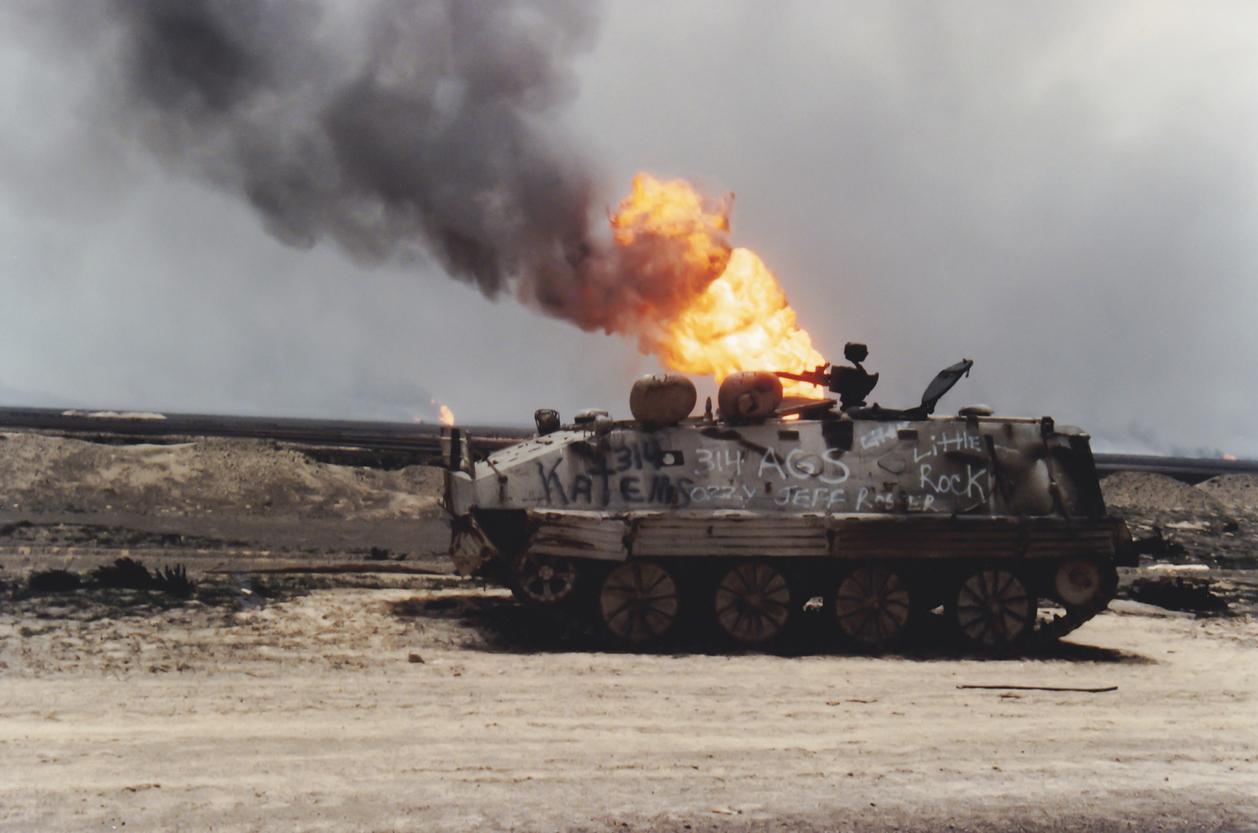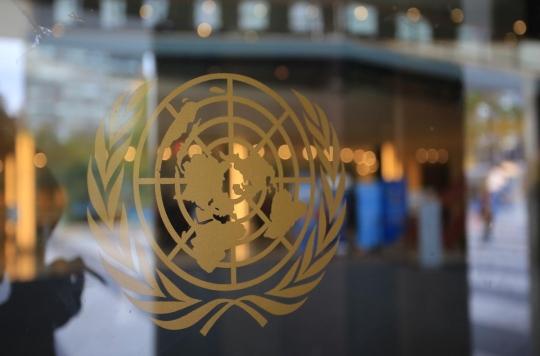INTERVIEW – In Syria, the danger is such that Médecins Sans Frontières had to repatriate its international workers, and deploy a remote support procedure.

In times of war, humanitarian workers must perpetually negotiate. Rights of way, corridors, truces, a few peaceful spaces to supply, to treat. In Yemen, Médecins Sans Frontières had to evacuate its staff from hospitals in the north, faced with the coalition’s inability to keep its promise not to bomb health facilities. In Syria, the whole country has seen the international workers of the NGO desert.
Médecins Sans Frontières has reached the limits of its negotiating capacity in Syria. No more international staff are present in the territory. The scale of the risks forced the NGO to deploy a remote management procedure (“Remote management”). Massimiliano Rebaudengo, head of the Syria / Turkey mission, explains what this mode of operation is for the toughest conflicts.
Under what circumstances did MSF decide to evacuate its expatriate staff to Syria?
Massimiliano Rebaudengo: There, we still have our Syrian national staff, made up of around 150 MSF workers, but we had to withdraw the international staff after the kidnapping of five MSF employees by the Islamic State in January 2014. After several months of captivity , the members of this international team were released but the risks had become too great.
Already, before this event, the situation was complicated – the issue of security has always been a challenge in this conflict … But until then, we were able to negotiate with the groups that controlled the areas where we worked and we managed to a certain level of security. After the kidnapping, it had clearly become impossible.
You then had to deploy remote support. What is it all about?
Massimiliano Rebaudengo: There are two types of projects. A team based in Turkey provides supervision; the other is based in Syria and made up of Syrian MSF workers. Apart from the hospitals managed by MSF with local workers, which operate on a model similar to other countries, we have developed a remote support activity for 24 health establishments managed by Syrian doctors in three provinces of northern Syria ( Idlib, Aleppo, Hama). These areas are controlled by Syrian opposition groups.
On the one hand, we provide financial means and medical equipment to these structures – drugs, medical devices, etc. We support the sector of emergencies, maternity and rehabilitation for war wounded. It ranges from primary medicine to more specialized medicine.
On the other hand, we conduct Skype training at these establishments – in Syria, the network is working well. The last training focused on a medical data analysis system developed by MSF. It is an essential element to have access to information and provide an appropriate humanitarian response, especially when you are not in the field. Of course, this is not ideal; we cannot do training with too practical elements, such as those relating to first aid, or safety procedures.
Massimiliano Rebaudengo, head of the MSF Syria / Turkey mission: “ The central element in remote management is knowing how to ask the right questions. Field information is vital. “
Have you often used “remonte management”?
Massimiliano Rebaudengo: It is not part of our standard operating methods. This is an extreme case of operation management that MSF implements in very specific situations. We have used it in Somalia and Afghanistan for years. We were managing operations from Nairobi, Kenya.
It is not only a question of security, but also of access and negotiations. Even if the war ends tomorrow in Syria, it is not sure that the governments of the countries in which we are based (Turkey, Jordan, Lebanon) will agree to send an international team. We do not despair of returning to Syria, despite everything. In Italian, we say that “hope is the last to die”.
Massimiliano Rebaudengo, head of the MSF Syria / Turkey mission: ” The situation is all the more regrettable as it is always the international staff who are sent to negotiations because in the event of a problem, they can be repatriated. “
.















